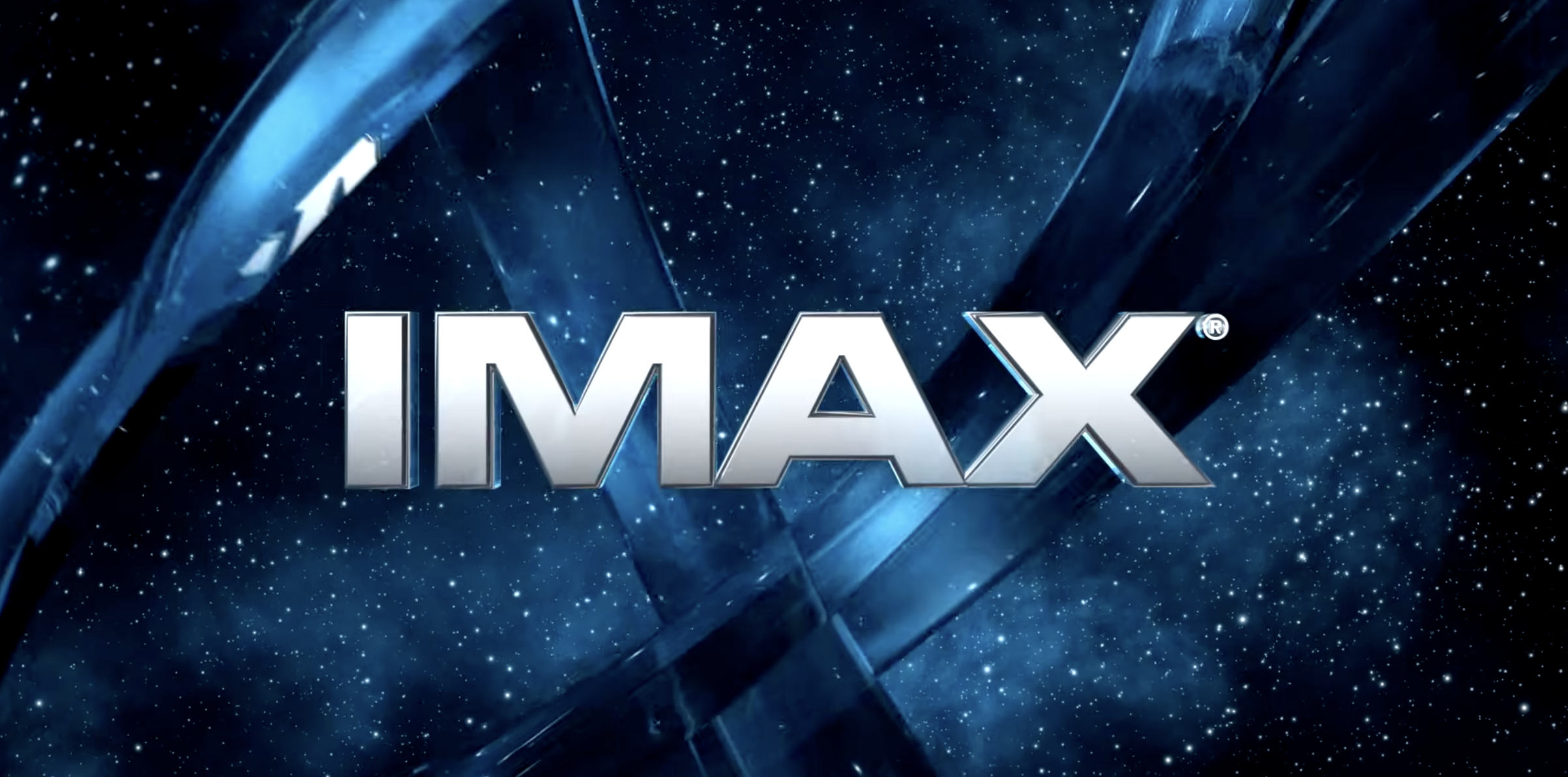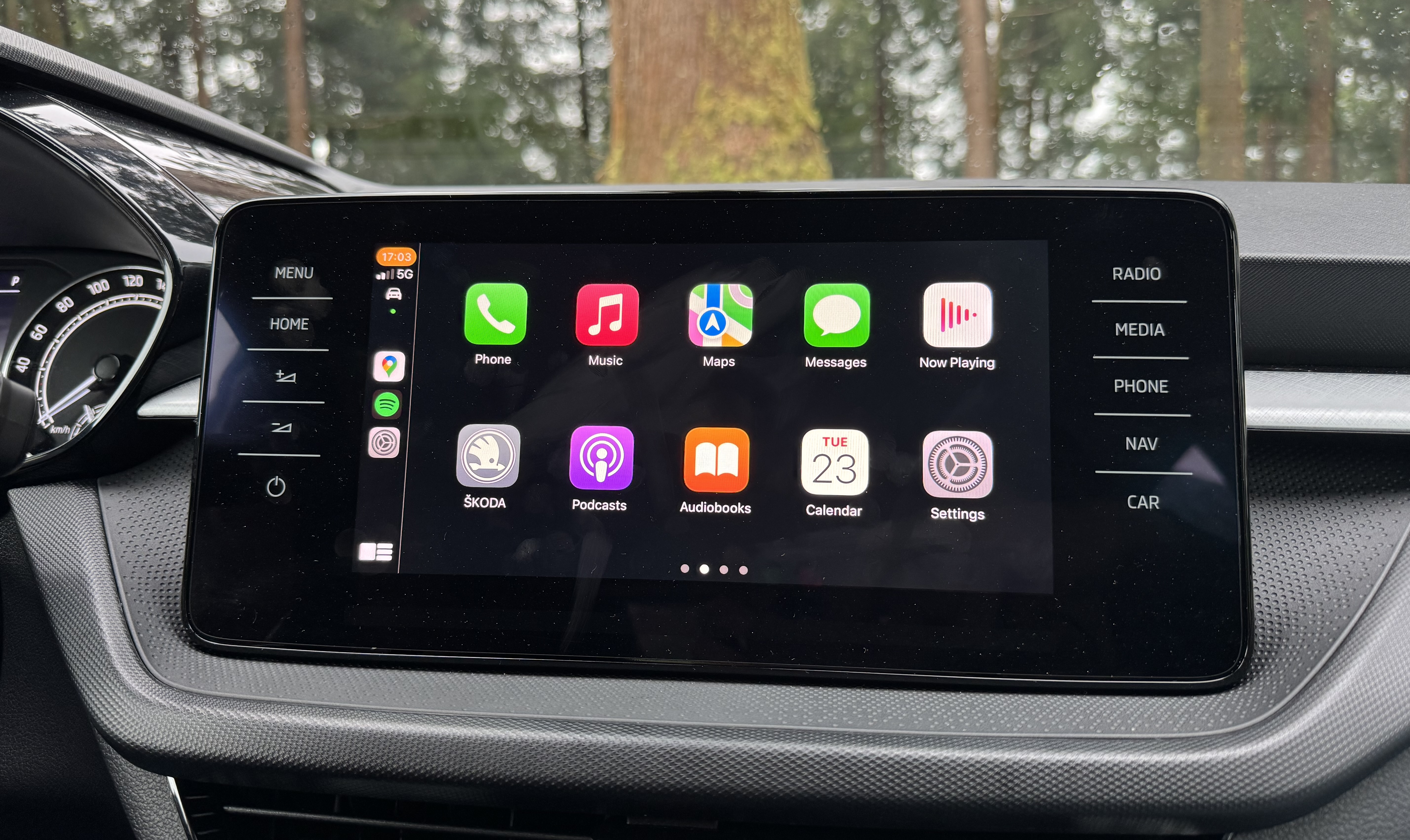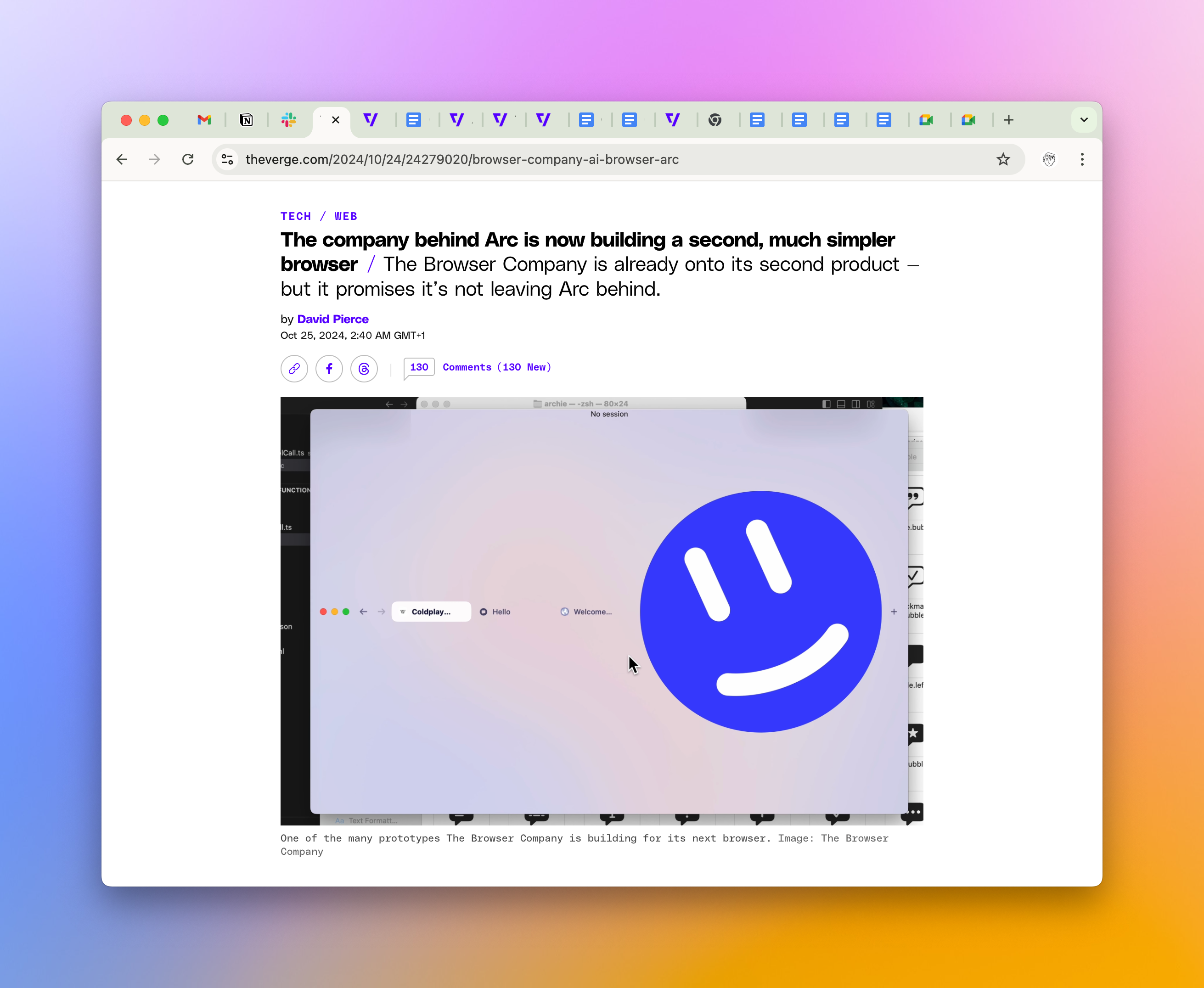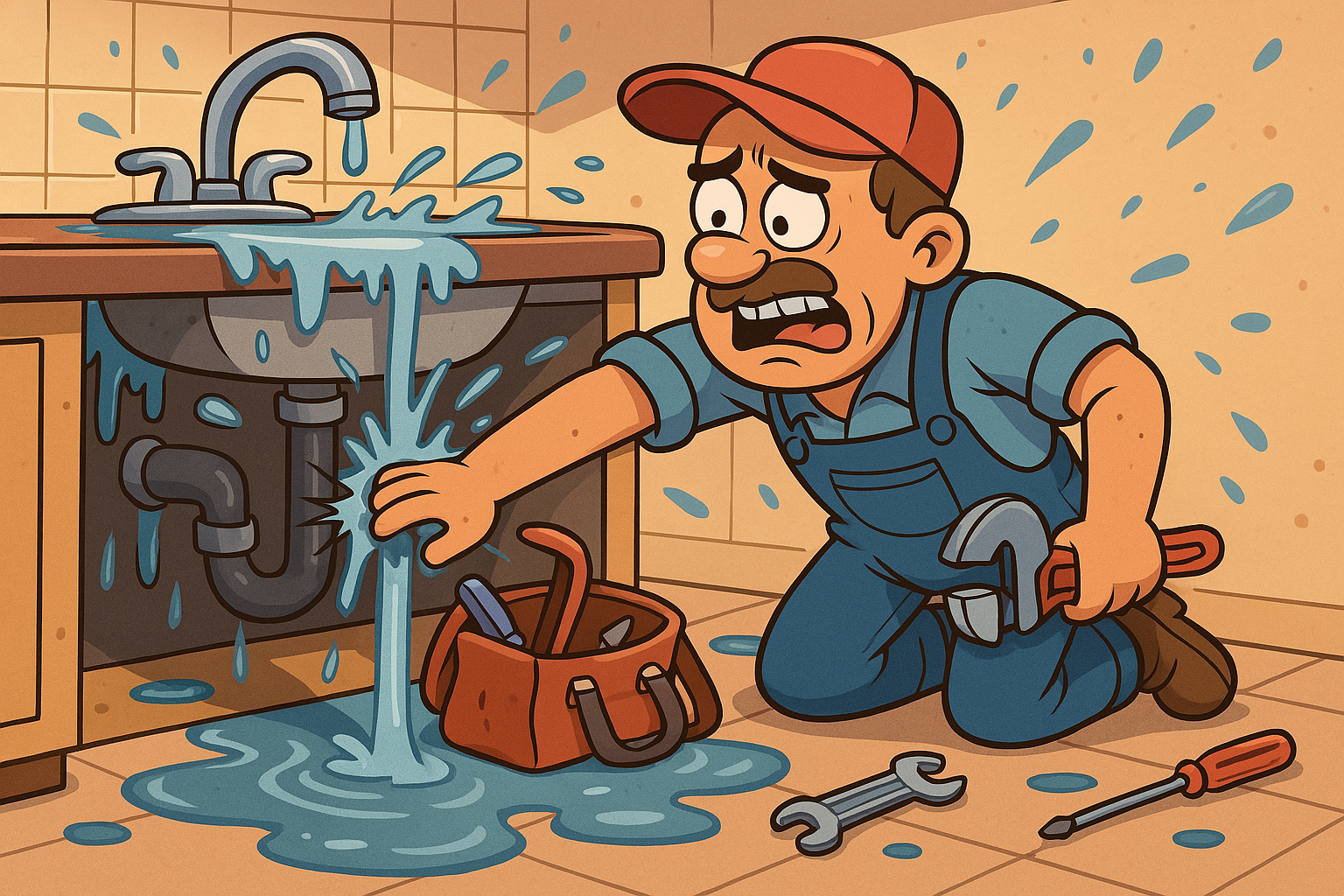The Unsettling Battle Between Media and Technology
There’s a lot of antagonism between the media and tech. But most of it is produced by a small minority of people with outsized voices, so it doesn’t exactly reflect reality.

Balaji started a discussion on Twitter that finally pushed me to put down my thoughts on the matter.
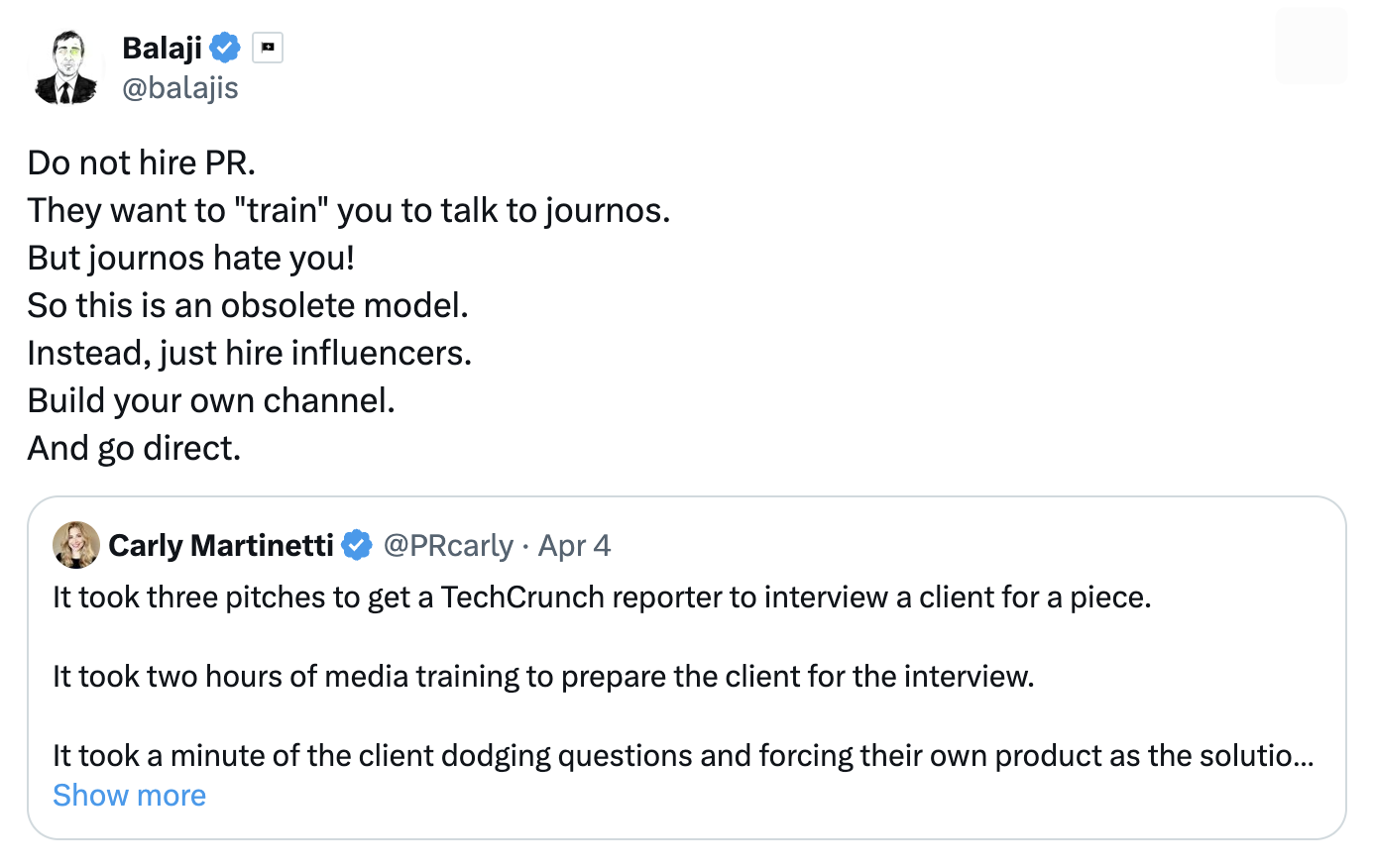
Some time ago, around the early 2010s, a tectonic shift happened in the media industry. Before this, it was a darling. Small and quirky companies improving our lives. Blogs like TechCrunch emerged to cover it exclusively and grew in tandem with tech. TechCrunch is now a prominent media outlet that is visited by 10 million unique people each month.
But something changed. The tech industry was taking over everything, and its champions started becoming more and more prominent in our lives. With scale came scrutiny. Journalism is the fourth power, a system of checks and balances that is supposed to question everything by design. This is a handy property. Financial Times was the one that uncovered all the fraud behind Wirecard, Germany’s favorite unicorn. Coindesk published the materials that triggered the collapse of FTX so we could learn the other side of Sam Bankam-Fried.
When tech became a celebrity itself, it joined a circle of politics and big businesses. Small startups don’t affect the world much at first. Then, they grow into big corporations, and sometimes, their road ahead is filled with unintended consequences. Although, sometimes, they know perfectly well what they were doing.
Journalists don’t hate tech people. They talk to them and write stories all the time. They are definitely more critical than they were, though. But only because the industry itself has grown.
A good interviewer isn’t supposed to be your friend. People read the press, and people work to appear in the press with one specific goal: to get exposure and credibility for themselves and their businesses. There would be no value in this if reporters weren’t diligent. And often we want them to be diligent and uncover people who attack their employees, fraud their partners, and commit unspeakable things. The media is the only neutral party incentivized to spend resources investigating such things and bringing them to light.
That doesn’t mean all interviews and press interactions should be a battleground. Nobody needs a confrontational interview when an actor goes on either a late-night show or “Hot Ones”. But two close people interview each other, and most often, it leads to a very dull puff piece that nobody reads.
There’s a particular movement of people who believe you should go direct, produce content, and go on your friends’ podcasts instead of working with the media. I actually agree that you should do those things, they’re extremely helpful. But too often, they come from people who already have tens of thousands of followers (if not millions). Their advice isn’t exactly actionable for most founders.
Of course, you don’t need to do PR in the traditional sense when you’re Elon Musk or Garry Tan. But even they use the media, they just don’t need to send out pitches because of their mass of followers. Recently, for the first time, Tesla started doing traditional press tours in Europe for the updated Model 3.
Not all coverage is good coverage, of course. I personally helped some of our clients defend against negative pieces that had no basis in reality. Sometimes this happens, just like sometimes a tech company fumbles to the point where people suffer. But it’s important not to let yourself get in a bubble when confirmation bias kicks in. Most people are good.
